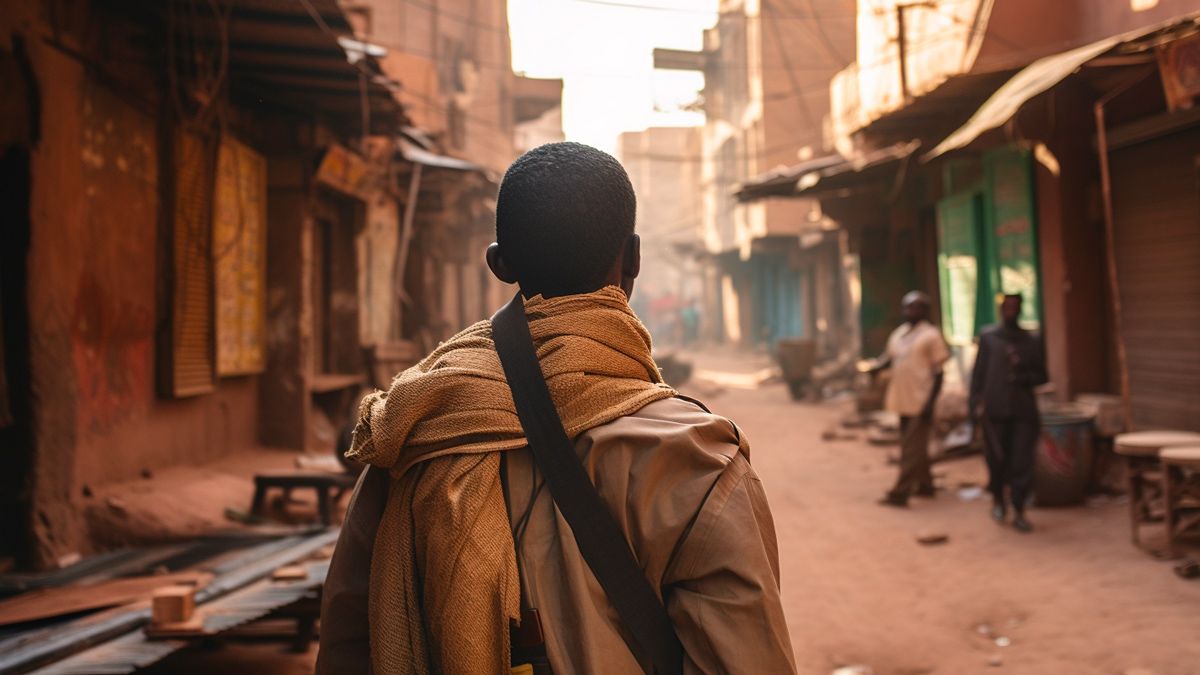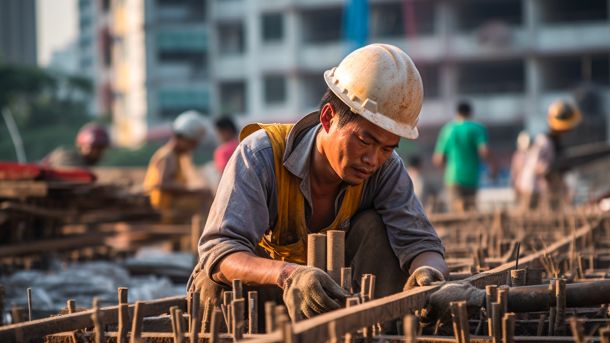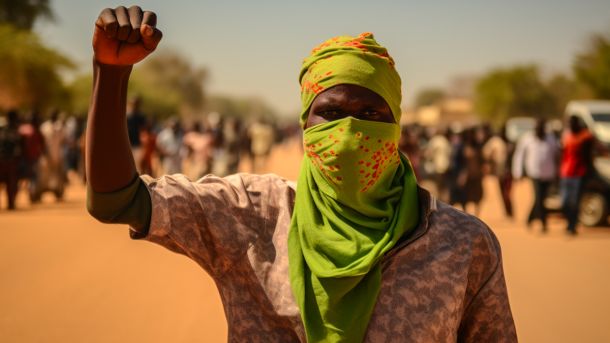Clashes in Sudan: Army Struggles to Neutralize Paramilitary Groups

Advertisement
General Mohamed Hamdan Dagalo, known as Hemedti, favors close combat and relies on the strengths of his RSF. Despite daily airstrikes, the army has not been able to dislodge the RSF from the capital, where its men have taken positions in residential areas and several key institutions.
A Worrisome Situation for Civilians
The conflict has left ordinary Sudanese people perplexed, with many of them leaving the capital to seek refuge in rural areas or neighboring countries. They wonder how an army rival could have emerged in recent years. “Why did the army let Hemedti become a parallel army and threaten ordinary people? Where were the army leaders?” asks Hussein Ahmed, a resident of Khartoum.
The RSF, which originated from the Janjaweed, a feared mounted Arab militia that helped the government suppress a previous rebellion in the western Darfur region, seeks to draw the army into urban combat where their lightly armed vehicles have a better chance of withstanding tanks and warplanes. “We need Burhan and his troops to fight us face to face, not with airstrikes and drones. They must be brave,” said an RSF soldier at a checkpoint in Khartoum.
Read also: Sudan crisis endangers gum arabic supply, a crucial element for sodas and confectionery
Occupation of State Buildings and Control of Checkpoints
RSF fighters have dispersed from their bases in the capital, which are exposed to airstrikes, and taken refuge in houses, evicting residents. They have also occupied state buildings such as the Interior Ministry, police buildings, and seized large quantities of fuel at the oil refinery, as well as banks. The RSF has deployed snipers on rooftops and taken control of houses in upscale neighborhoods of Khartoum. To strengthen their control, they have set up checkpoints throughout the city, checking identities and searching cars and luggage. Capital residents have accused them of looting, which the RSF has denied.
The conflict followed the collapse of an internationally backed plan for a transition to democracy. For four years, since the ousting of former President Omar al-Bashir during a popular uprising, the army and the RSF have been uneasily sharing power. Burhan leads a government council installed after the ousting of Omar al-Bashir in 2019 and a military coup in 2021. Hemedti, who has grown wealthy from gold trading, is playing a war of attrition designed to pave the way for him to become a political leader through negotiations, according to sources close to Hemedti.
Fighting since mid-April has left at least 500 dead and thousands injured, disrupted aid supplies, pushed 100,000 refugees to flee abroad, and turned residential areas of Khartoum into war zones. Hemedti has vowed to capture or kill Burhan, and both sides have violated numerous ceasefires.
This article was written based on information provided by Reuters news agency here.
Advertisement
Read next in World

International Investors Demand Concrete Steps to Restore Confidence in Chinese Real Estate Industry

West African Countries Impose Sanctions on Niger Following Coup

Turkish currency collapses by 7%, reaching an unprecedented level






